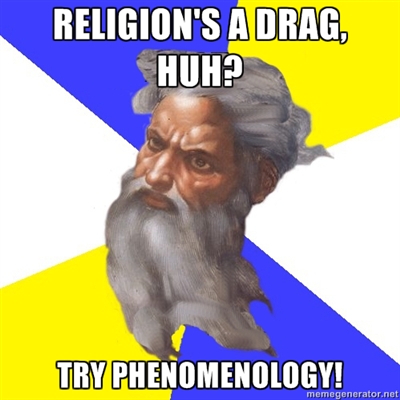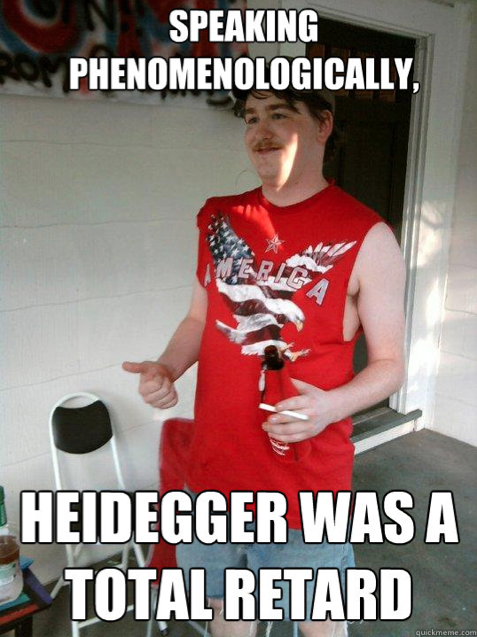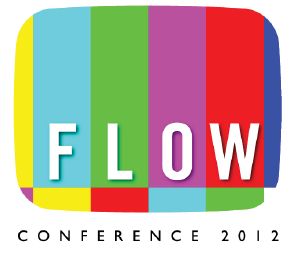
I’m not teaching any courses right now, but if I were then Steven Shaviro’s “MELANCHOLIA, or the Romantic Anti-Sublime” would definitely be required reading! This is an important essay, and the new open-access journal in which it appears, Sequence: Serial Studies in Media, Film, and Music, is sure to establish itself as an important site of media research. Founded and co-edited by Catherine Grant (of Film Studies for Free fame), the peer-reviewed journal responds to the medial specificities of its digital environment in an innovative — but nevertheless quite “natural” — way: by structuring itself in terms of seriality. From the “About” page:
SEQUENCE will use its position outside of established academic publishing frameworks to work adaptively and responsively, using a sequential edited-collection format – its publication schedule set by its authors and readers, and their research and concerns. In other words, it will make an open-access virtue of its own low-fi, D.I.Y., modular blog format. It can only do this meaningfully, of course, because of the generous labour and research expertise of its authors, and of the editorial and advisory boards of its publisherREFRAME.
Each new scholarly SEQUENCE will begin with the publication of one valuable contribution to research in the fields of media, film or music – on a particular theme named in the issue title. But the editors of each individual SEQUENCE won’t necessarily know what the next in their series will be, or when exactly it will come. Each SEQUENCE could, theoretically, turn out to be ‘infinite’, or only as long as the first, self-contained contribution – a hopefully interesting and worthy, if possibly melancholic, kind of monograph.
In any case, each contribution to a SEQUENCE, and each evolving SEQUENCE as a whole, will go on to be published in a variety of electronic viewing and reading formats, with the web version only the first in a series of digital iterations.
Instead of regularity, we aim above all for spreadability and engagement. Readers will find out about new SEQUENCES, and new contributions and updates to existing SEQUENCES through the paraphernalia and pullulations of contemporary online serial publication: primarily, the project’s blog, its RSS feeds, and its Twitter and Facebook pages, and, hopefully, sharings on from those.
In this spirit, check out Shaviro’s excellent article, share it, and spread the word about this important new venue for online, peer-reviewed, open-access scholarship!





